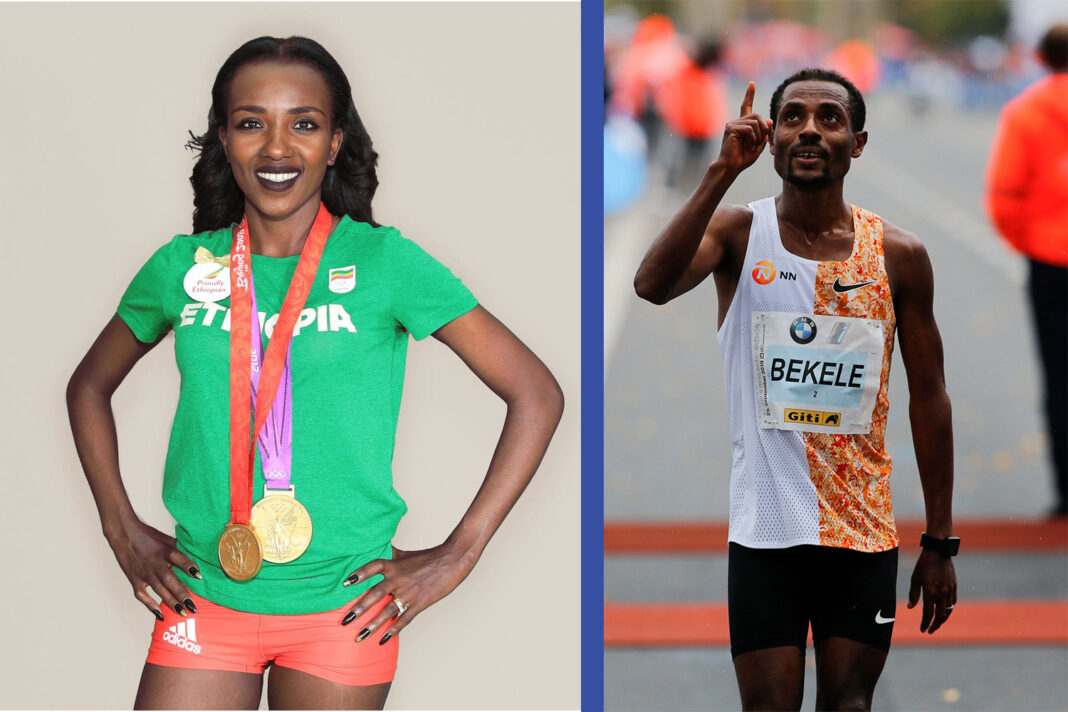Like other top athletes, the long distance runners of East Africa are feeling the impact of the coronavirus pandemic. Runners from Kenya, Ethiopia and other countries are missing out on months of group training, competition and income. Some have to find other ways to make a living.
Ethiopian runner Mimi Belete competes internationally for Bahrain and was training to participate in her third Olympics this summer.
With training camps being shut down because of the coronavirus, Belete is now training by herself, on the outskirts of Ethiopia’s capital, Addis Ababa.
“It’s difficult. When you’re training with the group it’s much easier. When you’re training in a group you feel powerful. Training alone sometimes I feel very weak, hopeless sometimes,” she said.
While Belete is missing out on potential prize money and starting fees, she feels fortunate that Bahrain is paying her a salary.
Michel Boeting, a Dutch manager of more than 30 Kenyan athletes, said less prominent runners and those just starting out don’t have that kind of cushion.
“Most African countries don’t have a stipend for their athletes. So, the alternatives to make money they really have to look outside the athletics. In East Africa, many athletes and especially in Kenya, have like a small farm or they have small businesses that they have opened up and some focus more on that now. But running wise, there’s very little you can do to make money,” he said.
The pandemic forced the postponement of the top spring races, like the Boston Marathon. The Olympics were due to take place in Tokyo in July and August, but that too was postponed.
There is a small chance some of the fall races might take place – although the Berlin Marathon, an important one for top athletes, has already been cancelled.
The cancellation of the races has Ethiopian runner-turned-coach Getaneh Tessema worried. He is a coach with a Dutch-based agency, training top athletes such as Birhanu Legese, who won the Tokyo Marathon twice.
Getaneh is not only worried about the condition of his runners now that they train by themselves, but also about their financial future.
“You can say there are three kinds of group in this case: athletes who won a lot of prize money, they don’t have a problem at all. And athletes who went abroad and won some races. And thirdly there are upcoming athletes, and they don’t have an income at all. And that group, they are really hurting right now with income,” he said.
The Tokyo Summer Olympics are now scheduled for 2021 – if the pandemic is brought under control. Mimi Belete had initially qualified to run for Bahrain. But now she is unsure if she has to compete in new races to confirm her spot on the Olympic team.






